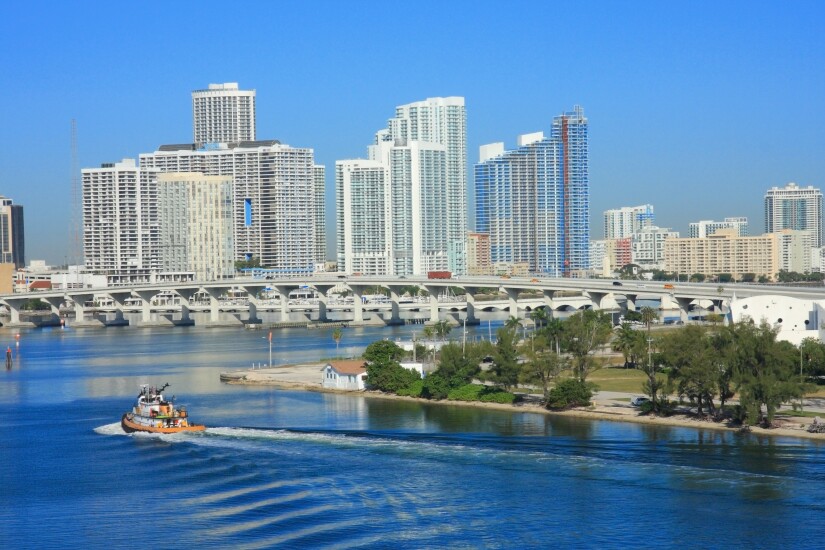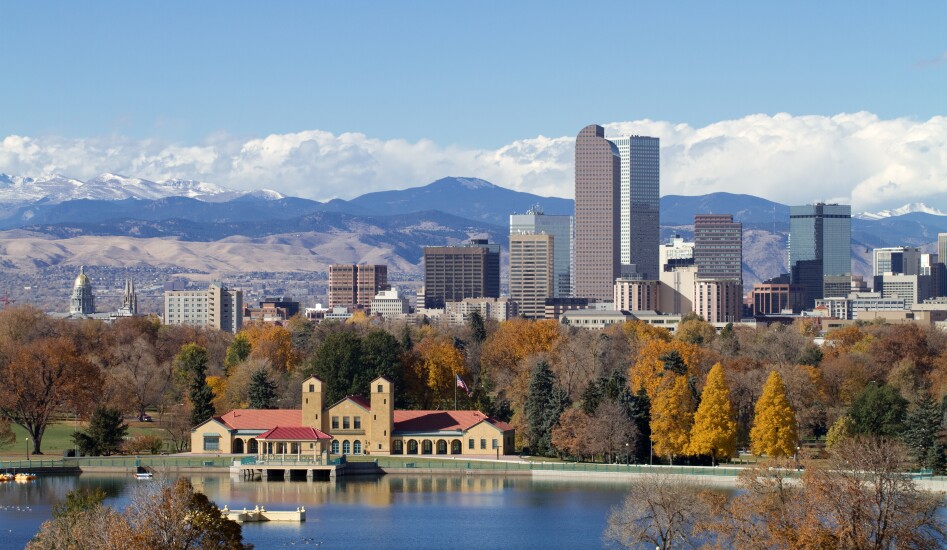With the combination of extremely low inventory and interest rates holding near historic lows, forecasts show 2021 shaping up to be a strong year of originations with increased emphasis on buying.
These conditions created
Metro areas
"While sustained tailwinds are forecasted this year across most of the shifting U.S. housing landscape, certain densely populated markets with high-priced real estate face prevailing headwinds," Terry Loebs, founder of Pulsenomics, said in the report. "Accordingly, home value appreciation rates within coastal cities such as New York, San Francisco, and Los Angeles are projected to see a downshift from last year's remarkable levels."

Zillow based its list of the hottest 2021 markets on a survey of 113 economists, investment strategists and real estate experts, conducted by Pulsenomics. Those surveyed gave their home price growth expectations for 20 of the largest metro areas compared to the rest of the country. From the Lone Star State to all across the Sun Belt, local lenders in the top 12 cities most likely to outperform the national average discuss what makes their respective markets unique.
















